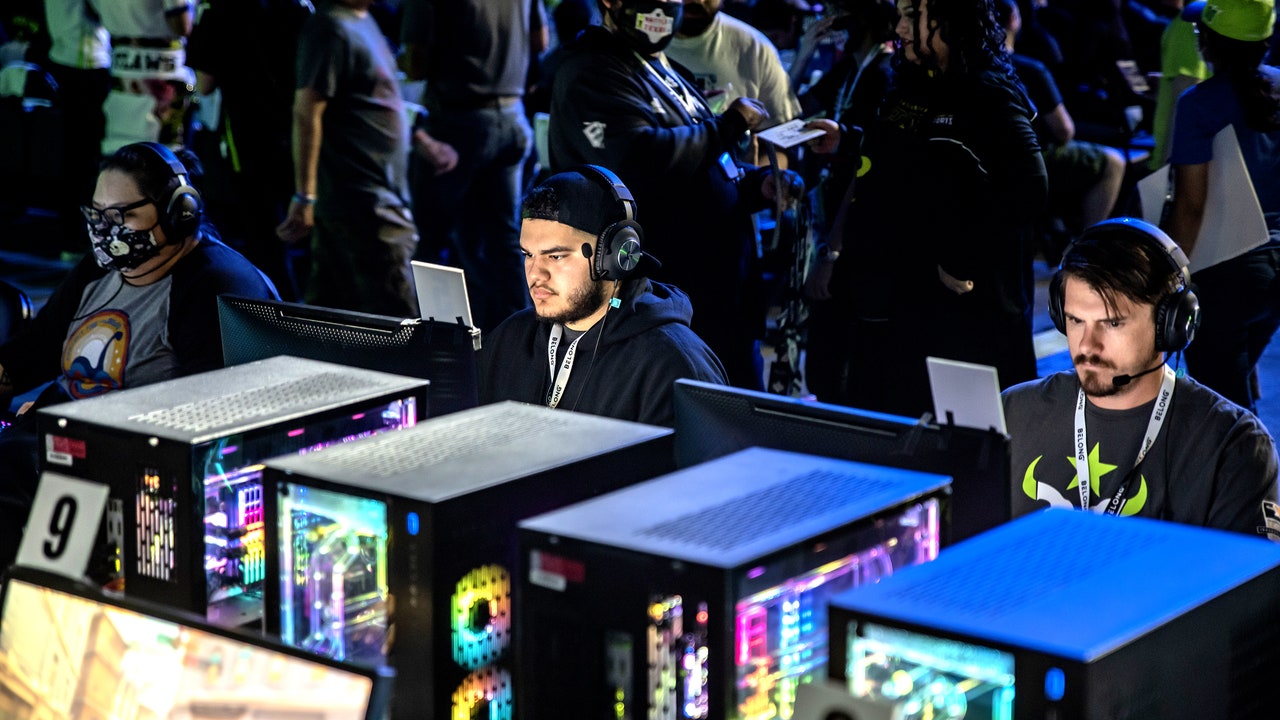Rooted in mythology and history, traditional sports command cultural capital and institutional stability (and the government subsidies that come with that status), types of support esports lack. And comparisons to sports established in the first half of the 20th century are simply unrealistic. “The US is trying to copy-paste this NFL/NHL/NBA concept,” says Scholz. “It’s a cultural thing: The US is always about this hype, this identity of throwing money at it. They are more risk-taking. It’s something we saw in esports quite a lot of times, where if there is a crisis in esports, the US suffers the most and several teams are quitting or have to stop.”
Europe, Scholz says, has always had less wild ambitions and enjoys strong support even outside of the top leagues. And the move to Seoul shows just how viable South Korea remains (or at least how far ahead of the pack it still is). In China, where four of the Overwatch League’s 20 teams reside, the League has seen promising growth, with rumors of another local team exploding on social media.
Some of this hype surely derives from the wider game industry’s relentless success. Yet the line from billions of gamers to billions of esports viewers is not inevitable.
Karol Severin, senior analyst and cofounder at Midia Research, says that one way to entice more gamers (leaving non-gamers aside, for the moment) is to develop a hook beyond the games themselves.
He argues that Riot games, makers of League of Legends and Valorant, has hit on a winning formula with K/DA, a virtual K-pop band with hundreds of millions of views on Youtube, broad merchandising, adoring fans, and regular performances at Riot-hosted events and tournaments. Turning profitable comes down to finding other avenues of revenue, whether that be streaming, hardware, or merch.
“If esports is going to remain about esports, it’s only ever going to appeal to the small segments of consumers,” says Severin. While emphasizing entertainment beyond the sport itself might seem cynical, it makes business sense. Popcorn famously saved many movie theaters during the Great Depression, Severin points out.
The fate of the Philadelphia Fusion’s stadium fits into these broader questions. Forget Covid-19: Why would a brick-and-mortar stadium bring in massive revenue for a very online sport where streaming is free? The digital scene in Philadelphia, according to Technically, continues to grow, stadium or no. Even the idea of a “hometown team” doesn’t seem a foregone conclusion in such a digitally rooted sport.
Which games will delight specific audiences also remains somewhat of a mystery. Why is Valorant popular in Japan but not Overwatch 2? Intelligibility and accessibility remain hurdles and feed into debates about gatekeeping. Many of these titles are fiendishly complex—as they must be to compel professional players. But if a gamer tuned in to a professional League of Legends or Overwatch 2 match, would they understand the stakes or skills involved? Do the production elements—commentary, for example—help bridge that gap? Such unresolved questions have consigned esports to a niche (which will not bother most fans). But perhaps the answer is simple: Esports may only fulfill loftier expectations with the release of the right game.
